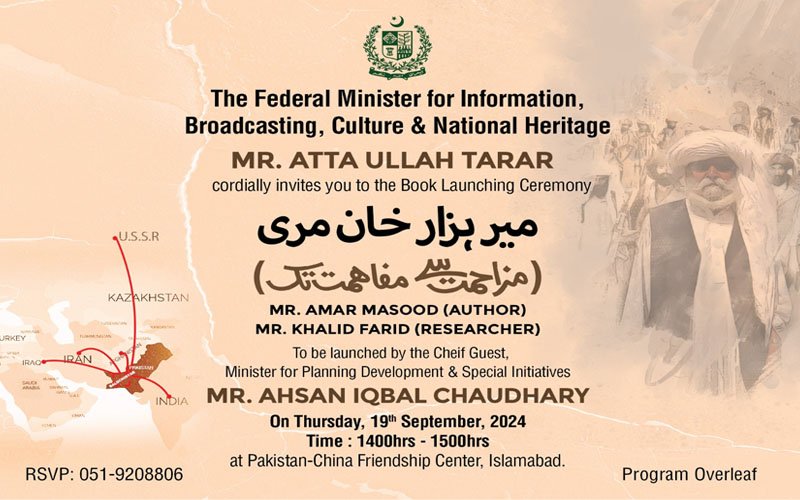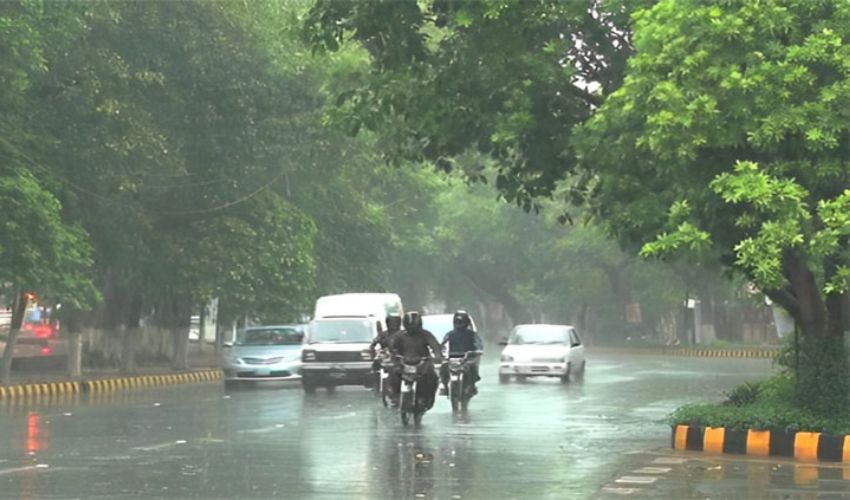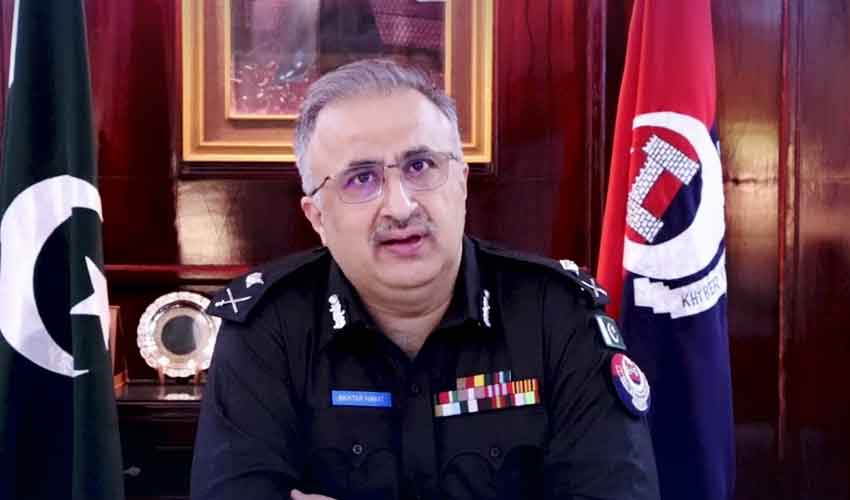For decades, Balochistan has been embroiled in a web of conspiracies, often driven by foreign powers seeking to destabilize the region. These external forces, however, achieved little beyond spreading discord and fueling animosity among the Baloch youth.
Under a calculated agenda, young minds were filled with the notion that their rights were being usurped and that the state was their enemy. The idea of Baloch supremacy was promoted, suggesting that the survival of the tribal system depended on perpetual conflict with the state. Peace, it was argued, would undermine the very foundations of their identity.
The real enemies of the Baloch youth, however, have been ignorance and unemployment. These vulnerabilities left them susceptible to the propaganda of anti-state elements, leading to a prolonged conflict that spanned generations.
Despite years of struggle, the Baloch people suffered immensely, with little to show for their efforts. Over time, a significant number of Balochs accepted the state’s constitution, recognizing that their true progress lay in peace, not war.
Historically, a few tribal leaders chose the path of conflict for personal gain, leading their people into a destructive cycle of violence. The Soviet invasion of Afghanistan further ignited these ambitions, with the idea of a "Greater Balochistan" taking root. But with the collapse of the Soviet Union, these dreams, along with the activities of the insurgents, faded away.
Among the notable figures in this conflict was Sardar Mir Hazar Khan Marri, who fought against the state for over two decades and went into self-imposed exile in Afghanistan. His forces launched numerous attacks on security personnel, contributing to the prolonged unrest.
However, when he eventually returned to Pakistan, he realized that his struggle had been in vain. The Baloch people, more than anyone else, had borne the brunt of the conflict.
In the twilight of his life, Mir Hazar Khan Marri chose a different path—one of reconciliation. He redirected his efforts towards the development of his region, Kohlu, and sought to mend relations between the Baloch people and the state of Pakistan.
His shift in perspective underscored a profound lesson: no group, no matter how powerful, could triumph over the state. The key to living peacefully in this country, he learned, was to embrace its constitution, to love its land, and to honor its martyrs.



























